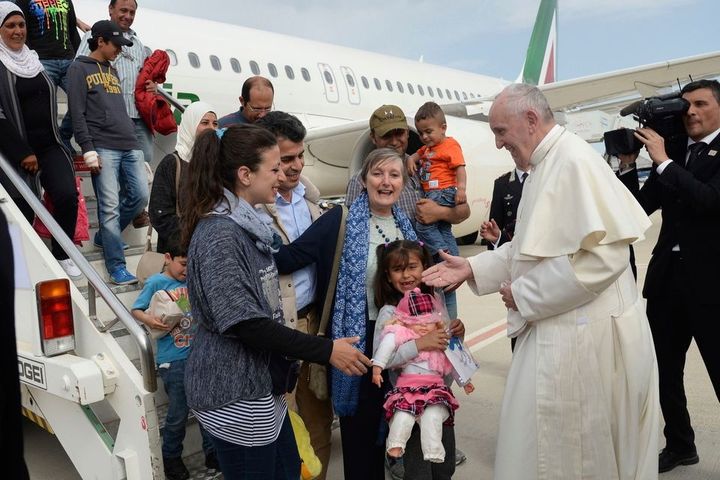
The late, beloved Pope was truly a man of the people who reached out to the poor and the marginalised, eschewed harsh judgment of human frailties, and epitomised the universal love and charity at the heart of his message.
The simplicity he has requested for his obsequies is also typical of the man who tried to open up the Catholic Church to make it more inclusive of ordinary people.
Pope Francis’s funeral will take place on Saturday in front of St Peter’s Basilica in Rome, featuring simpler rituals in keeping with the more down-to-earth style that became a trademark of Francis’s papacy.
Many political and religious leaders will attend the Pope’s funeral. But there will be a different line-up from those who were in power when the Argentinian Pope was the surprise choice of cardinals in 2013.
Some of those expected in Rome are leaders Pope Francis had confronted over their treatment of the downtrodden, especially migrants.
US president Donald Trump, who has said he will attend the funeral, was one of these, and indeed this may be Mr Trump’s first overseas visit since taking office on January 20.
In the medium term, Pope Francis’s greatest legacy may prove to be his successor as he has chosen 80pc of the cardinals entitled to vote for a new Pope. The next Pope will shape the direction of the Catholic Church with the potential for action on key issues broached but not really tackled by Francis.
A more conservative leader would return things to the orthodox certainties of the previous two popes, Benedict XVI and John Paul II. And there are few certainties about the most secretive papal election process expected to begin early next month. The last time an electorate of cardinals, put in place by the two previous popes, chose a liberal candidate and the first non-European pope in almost 1,300 years.
Only cardinals under the age of 80 will have a vote, so 135 out of 252 cardinals, will soon make a choice shaping the future of a church of up to 1.4 billion adherents.
The conclave, which is expected to span a few days, will seek to find consensus around a candidate commanding a two-thirds majority.
Vatican watchers say a first-ever African or Asian pope could be chosen, and it is almost half a century since the Catholic Church had an Italian pontiff, when the short-lived John Paul I was chosen in 1978. It is also thought likely that a more liberal pope will be chosen to continue the tricky work identified by Pope Francis – addressing gay rights; a more inclusive approach to divorcees; issues of priestly celibacy; and the eventual ordination of women.
Francis had a difficult pontificate, often irking conservatives and not always satisfying liberals. The new pope will also face huge challenges.
#Irish #Independents #View #Pope #Franciss #greatest #legacy #turn #successor







